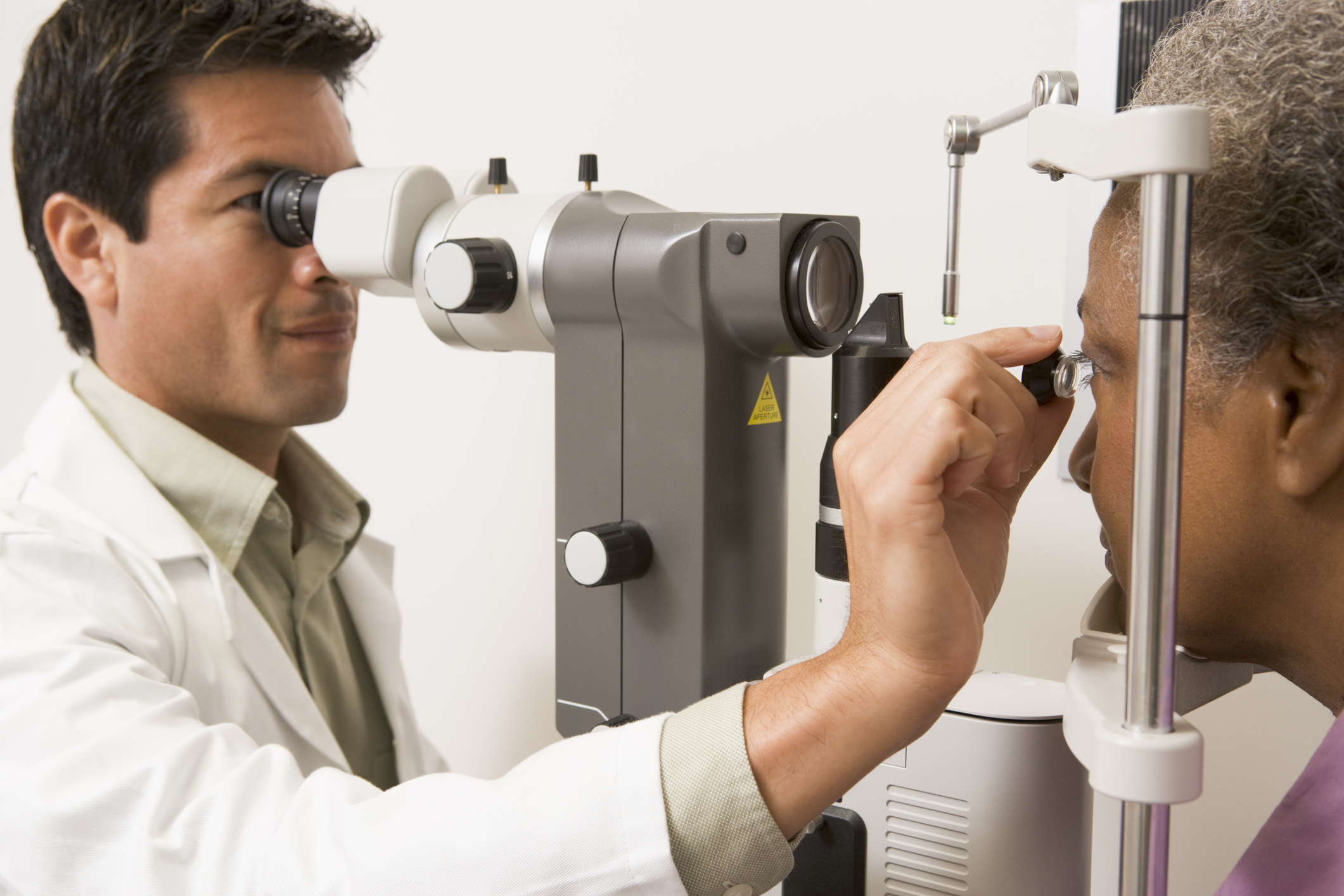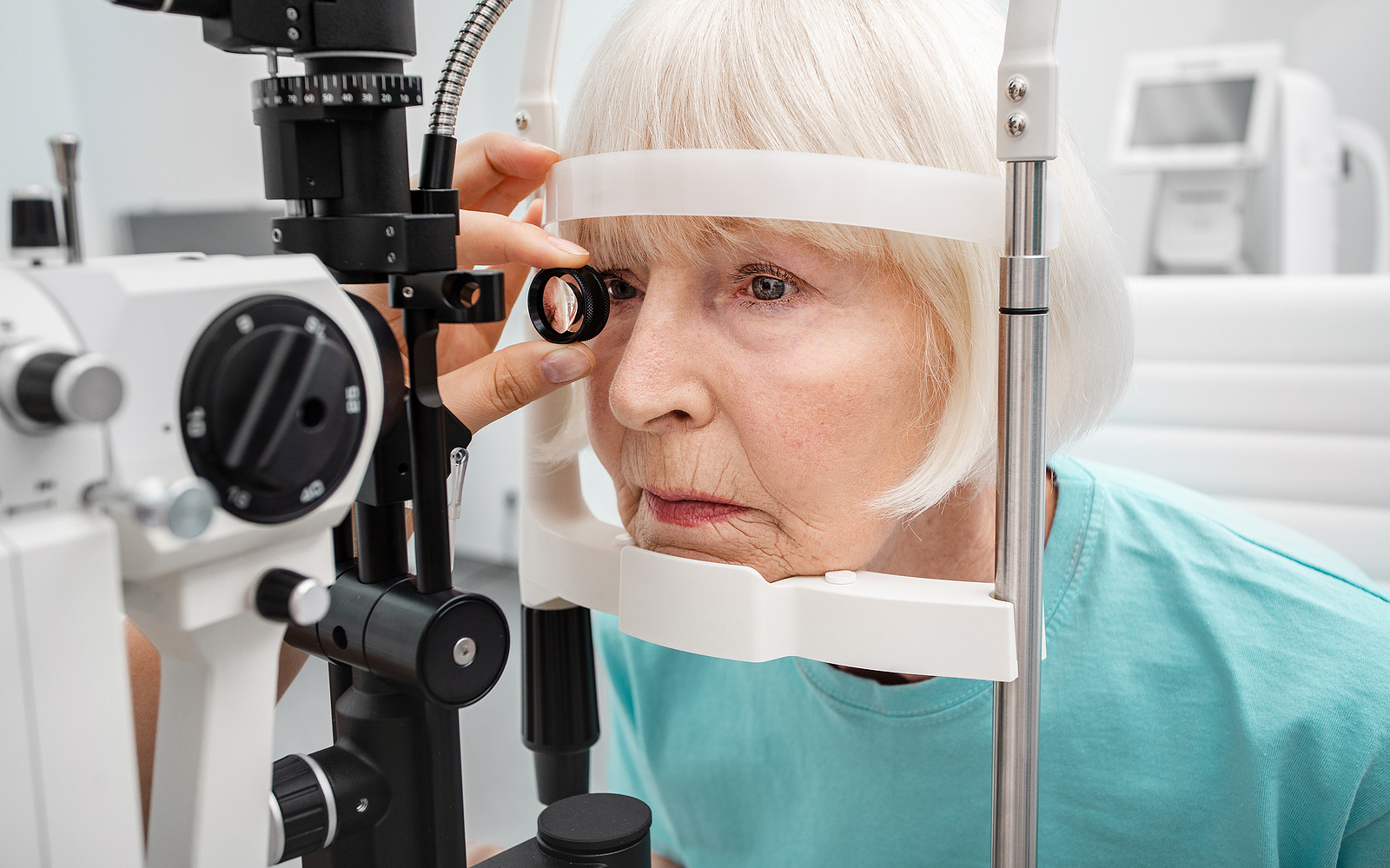Can Alternative Medicine for Glaucoma Work?

Glaucoma patients interested in alternative remedies should be wary of dubious medical claims.
Glaucoma, a common cause of irreversible blindness, doesn’t have a known cause. However, it’s believed to be associated with increased eye pressure that gradually damages the optic nerve, which is made up of retinal ganglion cells and glial cells. Fortunately, there are a number of proven medical treatments that can slow the condition’s progression and preserve patients’ vision.
Because glaucoma doesn’t yet have a proven cure, many patients attempt to treat their condition with alternative therapies. It’s understandable why patients would want miracle treatments, but many of these so-called remedies are based on misinformation or arise from a gross exaggeration of limited studies. None of the following treatments are replacements for professional medical care:
Vitamin A
Vitamin A is supposedly why carrots are “good for your eyes” — but is this long-standing wive’s tale actually true? Vitamin A deficiency, which is common in developing nations, certainly has negative effects on the eyes; it can lead to dry corneas and a loss of photoreceptor cell function.
However, this doesn’t mean that an excess of Vitamin A offers health benefits. A look at existing glaucoma studies suggests a mixed bag of evidence, with most studies showing no association between high Vitamin A levels and glaucoma risk.
Niacin
In one animal study, niacin — also known as Vitamin B3 — improved the metabolism of aging ganglion cells in the eyes. However, there has not been a similar study performed on humans. However, niacin use in humans is known to cause flushing beneath the skin, upset stomach, and even heart arrhythmias. Over time, high levels of the vitamin can also cause dangerous thickening in the back layer of the eye, which is associated with blurred vision.
Ginkgo Biloba
Ginkgo biloba is a popular herbal remedy, largely because ginkgo contains flavonoids, which are antioxidants, and terpenoids, which dilate blood vessels and increase circulation. Several small studies have been run to test how ginkgo affects eyes and vision, and they showed some positive results suggesting increased blood flow in the eyes. However, these studies were very short-term, and the methodologies of these studies have since been questioned.
In addition, continual ginkgo use may be dangerous: one study showed that high doses of ginkgo cause cancer in lab animals. Gingko is also not appropriate for anyone taking aspirin or other blood thinners, and if your doctor recommends glaucoma surgery, gingko can cause dangerous bleeding.
Exercise
There is some evidence that suggests that moderate exercise, over time, can actually lower your intraocular pressure (IOP) for several months and even improve blood flow. A brisk walk for twenty minutes, four times a week, may be enough to make a difference.
But while exercise may help prevent glaucoma, if you already have signs of glaucoma, you should exercise only in conjunction with a health plan from your eye doctor. It’s also important to note that glaucoma has multiple causes, so lowering your IOP alone may not be enough to stave off the disease progression.
Note that closed-angle glaucoma will not improve with exercise, and pigmentary glaucoma may actually get worse. And be sure to avoid exercises where your head is below your heart, as in some yoga poses, or where you hold your breath while exerting yourself, which can happen during weight lifting — there is some evidence that these can increase IOP.
Your Glaucoma Treatment Plan
Your eyesight is too important to leave to unproven remedies. While some of the above options may not be actively harmful, there is not enough science to suggest that any of them are sufficient replacements for medically-substantiated glaucoma treatment. Patients who choose to use any of these methods are urged to do so only in conjunction with doctor-approved medical treatment and under the close supervision of a healthcare professional.
If you haven’t scheduled your yearly eye exam yet, it’s recommended that you do so. Glaucoma is often undiagnosed in the first stages, but early detection is the key to slowing the progression of this devastating disease. If you already have a glaucoma diagnosis or suspect you might have glaucoma, call the experts at Swagel Wootton Eye Institute at our Mesa or Chandler locations today. We’ll test your eyes and talk you through your options, so you can rest assured you’re receiving the best treatment available.
[DISPLAY_ULTIMATE_SOCIAL_ICONS]








